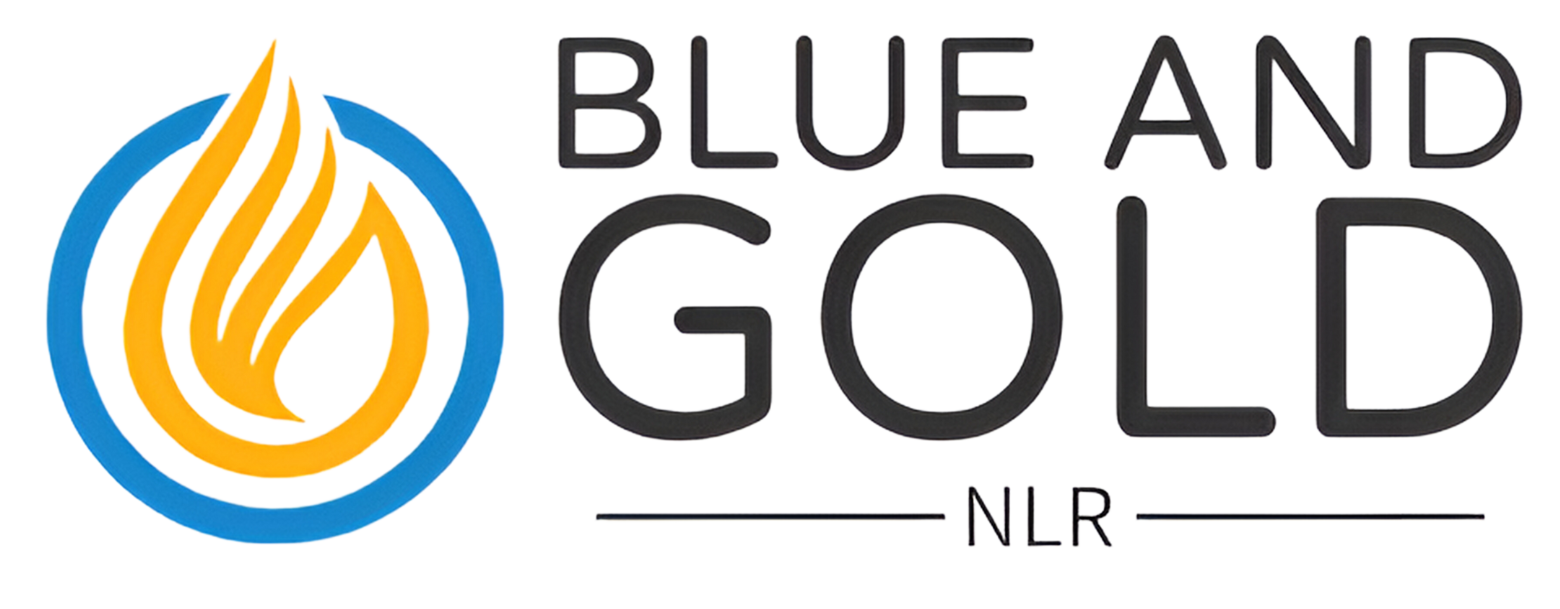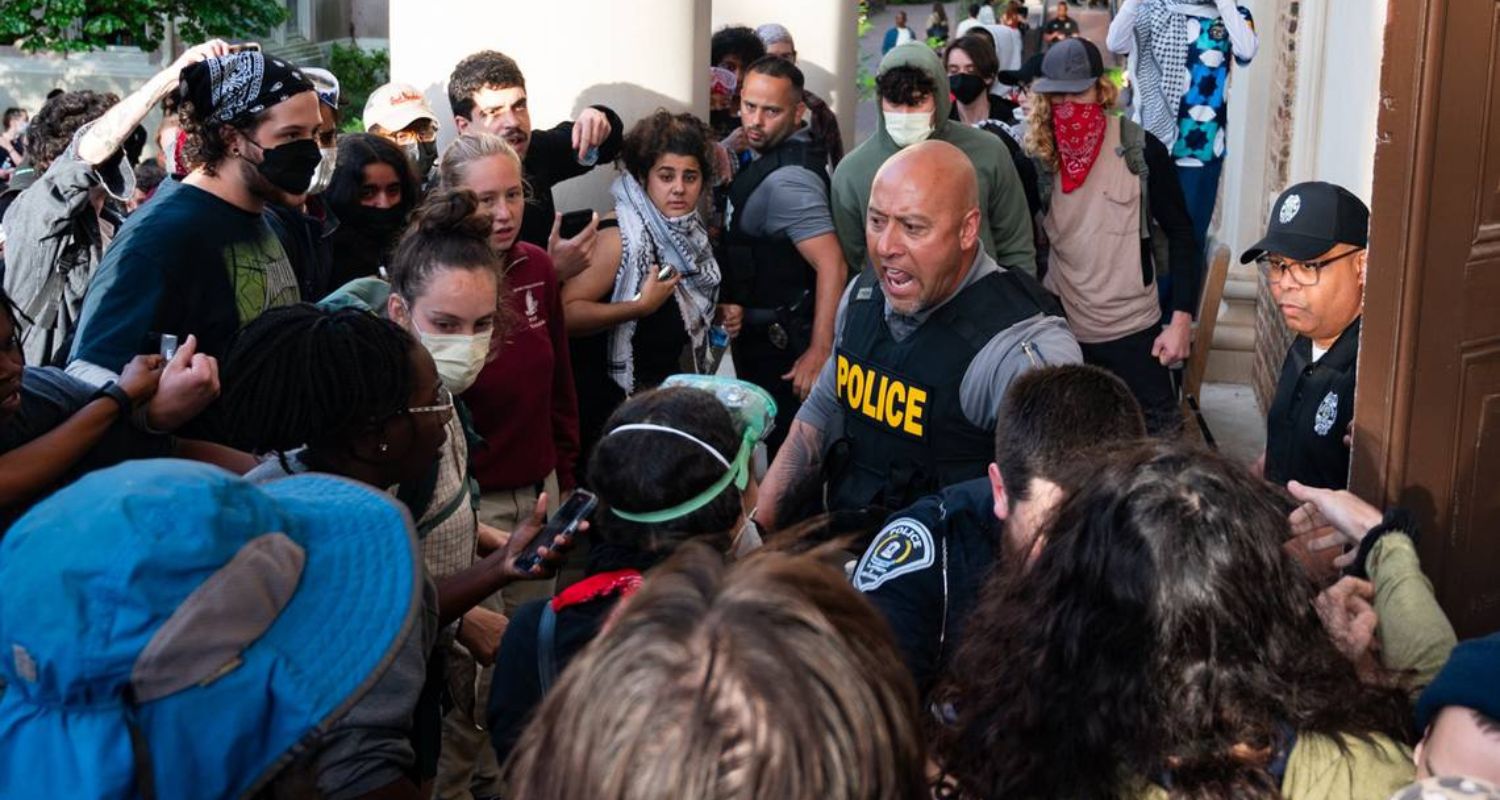In a recent development at the University of North Carolina (UNC), tensions rose as law enforcement detained 30 protesters at the pro-Palestinian “Triangle Gaza Solidarity Encampment.”
The incident, which occurred on Tuesday morning, saw six individuals arrested and subsequently released, according to statements from UNC Students for Justice in Palestine (SJP) and the Orange County Detention Center.
Protest and Response
The encampment, which commenced on Friday, faced a decisive action from law enforcement at 6 a.m. on Tuesday. UNC interim Chancellor Lee Roberts and Provost Christopher Clemens issued a demand for the protesters to disperse, threatening consequences including arrest, suspension, and expulsion for non-compliance.
Following this ultimatum, UNC Police approached the encampment, leading to the detention of individuals who refused to vacate the area.
Escalation and Consequences
Tensions escalated as protesters attempted to block police vehicles and engage in confrontations with law enforcement. Despite efforts to clear the area, some protesters intensified their tactics, leading to clashes with officers. The situation resulted in injuries, including reports of heat exhaustion and vomiting, although no serious injuries were reported.
Law Enforcement Response
A significant law enforcement presence, including officers from various departments and the North Carolina State Highway Patrol, was deployed to manage the situation. Despite attempts at de-escalation, the standoff persisted, with demonstrators expressing their grievances against the police response.
Aftermath and Campus Reaction
Following the dispersal of the encampment, UNC Facilities Services workers dismantled the protesters’ belongings, and law enforcement maintained a presence on campus.
In response to the incident, UNC administration expressed disappointment at the disruption of campus operations and reaffirmed their commitment to ensuring the safety of all students and staff.
Continued Dialogue and Vigil
Despite the tensions, efforts for dialogue and protest continued, with UNC SJP organizing a silent vigil and protest in support of Palestine and those arrested. The demonstration garnered significant community support, with attendees marching across campus to voice their solidarity.
Campus Leadership’s Response
UNC leadership reiterated their commitment to peaceful demonstration while emphasizing the need to uphold state laws and university policies. They condemned instances of prejudice and antisemitic speech while affirming that commencement ceremonies would proceed as planned.
Ongoing Developments
As the situation unfolds, campus authorities and law enforcement continue to monitor the situation closely. Updates are expected as investigations proceed and dialogue between stakeholders continues.
Conclusion
The events at UNC highlight the complexities surrounding issues of protest, campus safety, and freedom of expression. As stakeholders navigate these challenges, the importance of constructive dialogue and respect for differing perspectives remains paramount in fostering a conducive learning environment.

